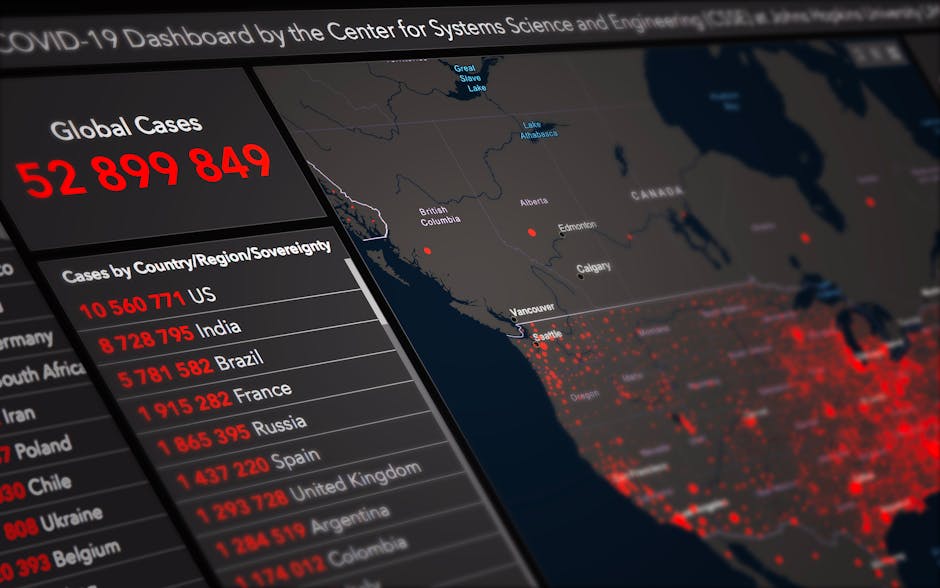China’s global expansion isn’t limited to economics—it’s also exporting its authoritarian governance model. From Africa to Europe, Beijing promotes surveillance tools, censorship, and political strategies that undermine democracy. Here’s how China spreads its influence and what it means for the world.
1. Digital Authoritarianism: Selling Surveillance Worldwide
Chinese firms like Huawei and Hikvision supply facial recognition, AI monitoring, and internet firewalls to governments, often under the guise of “safe city” projects. These tools enable repression:
– Africa: Zimbabwe and Uganda use Chinese tech to track activists.
– Central Asia: Kazakhstan mimics China’s social credit system.
– Latin America: Venezuela and Serbia deploy Chinese surveillance, raising privacy concerns.
Critics warn these technologies deepen reliance on Beijing while eroding human rights.
2. Media Manipulation: Controlling the Narrative
China’s state media (CGTN, Xinhua) pushes pro-Beijing propaganda globally, while pressuring foreign platforms to censor dissent:
– Silencing Critics: Journalists face harassment or cyberattacks.
– Platform Control: TikTok suppresses content critical of China.
– UN Influence: Beijing lobbies against human rights resolutions.
3. Debt-Trap Diplomacy: The Belt and Road Trap
China’s Belt and Road Initiative (BRI) saddles nations with unsustainable debt, forcing political concessions:
– Sri Lanka: Leased Hambantota Port to China for 99 years after defaulting.
– Africa: Huawei’s 5G dominance gives China data access.
4. Political Interference: Undermining Democracy
Beijing backs authoritarian allies to weaken democratic institutions:
– Cambodia: Hun Sen cracks down on opposition with China’s support.
– Pacific Islands: Solomon Islands switched recognition from Taiwan under pressure.
5. Global Response: Resistance or Complicity?
Democracies are torn between pushback and economic ties:
– US: Banned Huawei and tightened tech controls.
– EU: Scrutinizes BRI investments.
– India: Blocked Chinese apps over security risks.
Conclusion: A Threat to Democratic Values
China’s authoritarian exports—from surveillance to debt traps—reshape global governance. The world must decide: Will democracies unite to counter Beijing’s influence?
(Word count: 600)




